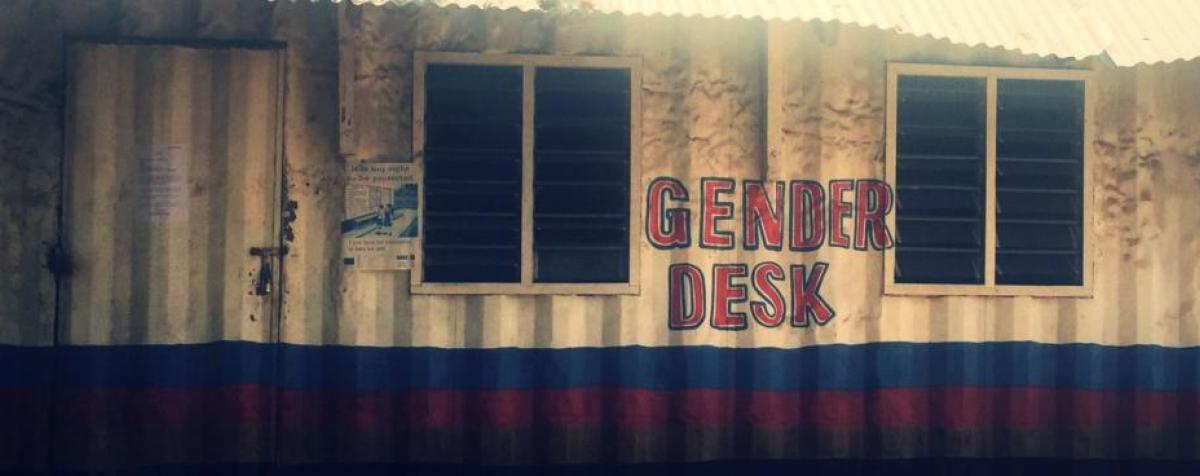Women's Rights After War (WRAW)
How do post-war empowerment interventions impact women's lives?
The Women's Rights After War (WRAW) project asks which women benefit from new opportunities, suggesting that the implementation of gender-egalitarian laws and policies often maps onto existing socio-political cleavages. Particularly when conflict resolution benefits a single conflict-era faction, gender reforms tend to ensure that women affiliated with disenfranchised political, religious or ethnic identity groups remain marginalized in the realization of gender equality. Reforms heralded as emancipatory and egalitarian, therefore, may reproduce conflict-era fissures, and in doing so ensure some women's continued political and gender oppression.
In addition, the WRAW project investigates the political instrumentalization of women's leadership by regimes and parties aiming to entrench their political control. The research explores the conditions under which women's rights and empowerment interventions can be used strategically to advance agendas that undermine democratic values and weaken civil society.
This examination is carried out through quantitative and qualitative research to assess national and subnational level implementation as well as individual engagement. The fieldwork for this project is enhanced by participatory research methods that allow researchers evaluate the reality of women's equality and empowerment efforts as they are experienced by women from different class, ethnic, racial, religious, or other backgrounds.
As constitutions are rewritten and institutions rebuilt, this project seeks to shed much-needed light on the alternate political considerations that shape the processes of integrating international gender norms into domestic legal frameworks.
Project Sponsors
This project is sponsored by:
Related Faculty
- Marie Berry, Assistant Professor, Josef Korbel School of International Studies
- Milli Lake, Assistant Professor in the International Relations Department at the London School of Economics
